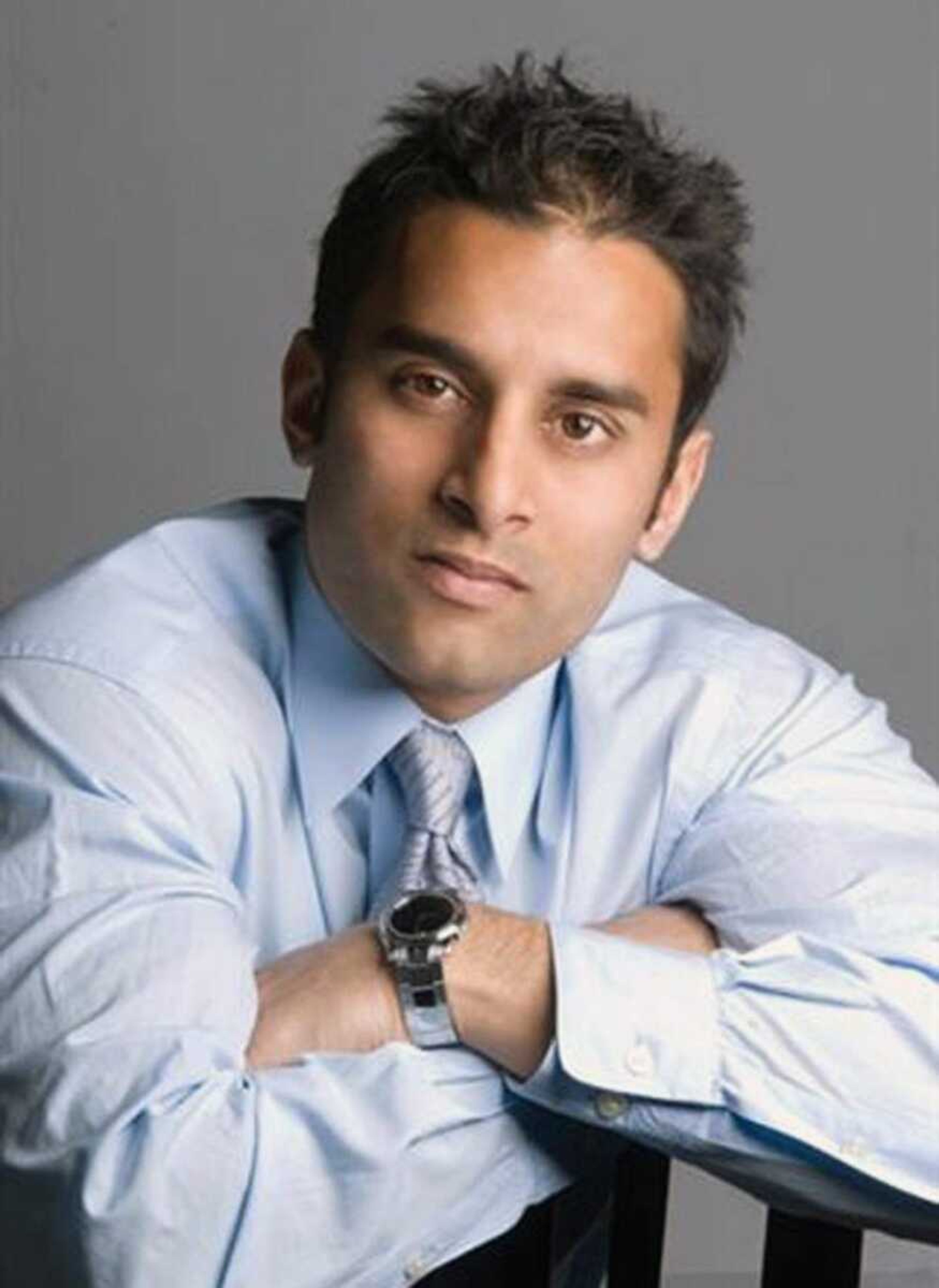Naperville, Ill., doctor examined Saddam
CHICAGO -- It's a question Dr. Sudip Bose hears often but has not been able to answer. And he never will. "What was Saddam Hussein like?" Bose, who was raised in Naperville and served in Iraq, treated Hussein shortly after the dictator's capture by U.S. troops in December 2003...
CHICAGO -- It's a question Dr. Sudip Bose hears often but has not been able to answer.
And he never will.
"What was Saddam Hussein like?"
Bose, who was raised in Naperville and served in Iraq, treated Hussein shortly after the dictator's capture by U.S. troops in December 2003.
Even though Hussein has now been executed and Bose is no longer on active duty, the Naperville Central High School graduate keeps mum about his encounter with one of the world's most infamous dictators.
When asked about the experience, the 33-year-old politely declines comment, citing doctor-patient confidentiality and government security. Details of his experience, he says, are a secret he will take to the grave.
The way Bose sees it, Hussein was just one of the thousands of sick and wounded he treated during his 15-month stint as an Army emergency physician.
"It was definitely unexpected," he said.
Hussein's appearance, or what kind of medical attention he required, never has been divulged.
"He definitely had a presence in the room," the doctor said. "I didn't really get time to think. I was kind of surprised after the fact at how detached I was."
The magnitude of it all hit him later.
"After the fact, I realized the weight of the moment," he said.
Bose says he didn't dwell on his one-on-one with the dictator for long because, frankly, he constantly was shifting focus to a stream of new patients with a wide range of critical needs, including gunshot and shrapnel wounds and amputations.
"Some days were extremely busy and hectic, and some not as much," said Bose, who lives in Chicago and is an attending emergency physician at Advocate Christ Medical Center in Oak Lawn. "Interspersed in moments of terror were moments of sheer boredom."
Because Bose was attached to a mobilized infantry unit -- the 1st Cavalry Division, based in Ford Hood, Texas -- his service took him to the front lines of combat.
At times, and while under fire, he treated military personnel from both sides, Iraqi civilians and even suicide bombers on the streets of Baghdad, Najaf and Fallujah. Two physicians assistants and three dozen medics worked under him.
During his tour, he learned to think fast and to separate emotions from the job at hand. Staying apolitical was the only way.
"Sometimes you would see a soldier who comes in dead, and a few minutes later the insurgent who shot him is in with a gunshot wound," he said. "It was my duty (to treat everyone). You just have to keep the emotions out of it."
He drew strength from military camaraderie and times when the human spirit soared.
"You could see great aspects of humankind," Sudip said. "There were heroes in those soldiers."
He also came away with a better understanding of how to improvise when needed, as well as a newfound appreciation for modern conveniences.
"You had to be able to use someone's rifle as a splint or boots as a brace," Bose said.
Bose enlisted in 1995 while at Northwestern University Medical School. He was deployed to Iraq in 2004, having completed specialized medical training for the military. His service earned him a Bronze Star and a promotion to the rank of major.
Connect with the Southeast Missourian Newsroom:
For corrections to this story or other insights for the editor, click here. To submit a letter to the editor, click here. To learn about the Southeast Missourian’s AI Policy, click here.










